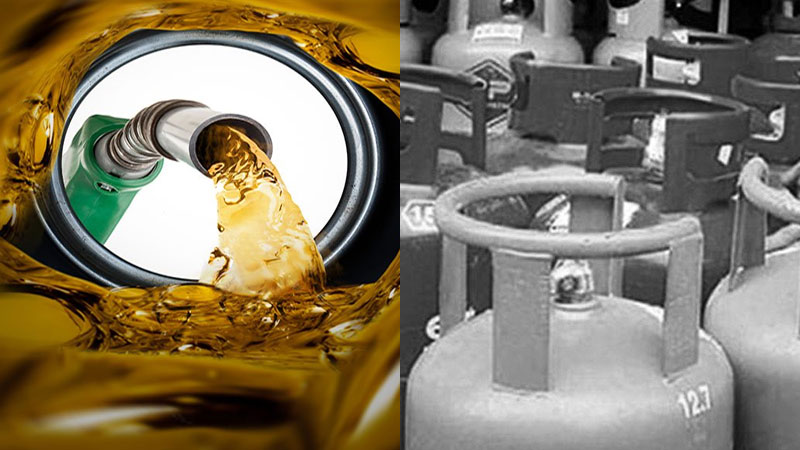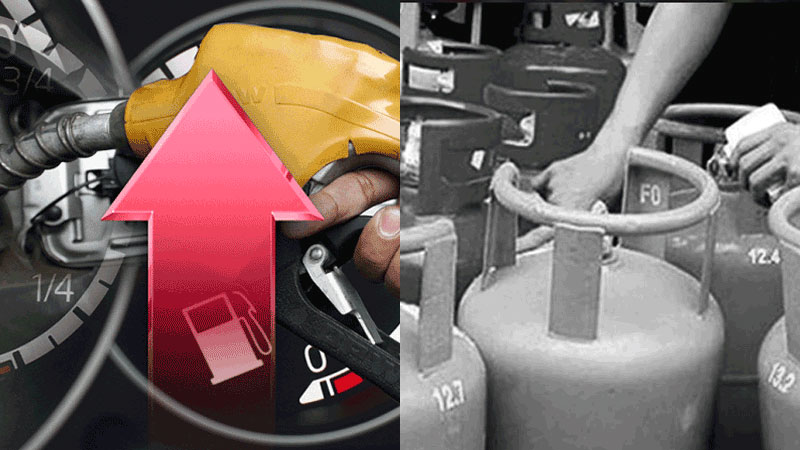
The increase in the price of fuel and gas from today are based on the importations made in January this year, and there is a high chance that Russian exports will decrease putting an upward pressure on global oil prices.
Fuel price in Fiji is impacted by the movement in Means of Platts Singapore which is the international freight rate and exchange rate.
LPG price in Fiji is impacted by the movement in Saudi Aramco Butane Contract Price which is the international freight rate and the exchange rate.
The Fijian Competition and Consumer Commission says changes in fuel prices are due to unfavourable movements noted in the international prices for all refined products where the world market price for unleaded fuel, diesel and kerosene increased.
They say crude oil prices increased in January due to strong global oil market fundamentals amid dissipating fears about the impact of the COVID-19 Omicron variant and geopolitical risks and concerns of oil supply in the short term amid several supply outages and disruptions in December 2021 and January 2022 in Kazakhstan, Libya, Canada and Ecuador.
The FCCC says Fiji is a price taker in the global fuel market and there are several factors outside of our control when it comes to determining the fuel prices.
They say the recent escalation of tension between Russia and Ukraine is one such event.
Prices of crude oil rose to just over US$100 a barrel soon after Russian President Vladimir Putin authorized military operations in eastern Ukraine which is the highest since 2015 and represents an almost 40 percent rise since December 2021.
The FCCC adds Russia is the second-largest exporter of crude oil in the world and given the tensions and sanctions being placed, there is a high chance that Russian exports will decrease putting an upward pressure on global oil prices.
They also say we cannot control any of these factors and Fiji must accept the prevailing international price for fuel.
The FCCC will conduct the next fuel and LPG price review on 1st April this year.
Meanwhile the Reserve Bank of Fiji says commodity price movements were mixed in January.
It says brent crude oil prices continued its upward trajectory and ended the month at US$91.21 per barrel, 17.3 percent higher than the previous month amid continuing demand supply mismatches.
The RBF says as Ukraine-Russia tensions have escalated, prices surged above US$100 per barrel and are now hovering around US$97.93 per barrel at February-end.
Annual headline inflation for Fiji in January stood at 2.7 percent mainly driven by high imported inflation due to rising commodity prices, persistent supply disruptions and the pick-up in foreign demand.
The RBF says given these developments and the recent floods, year-end inflation is expected to be around 4.5 percent in 2022.
For 2023 and 2024, year-end inflation is expected to moderate to 3.0 percent and 2.7 percent, respectively, as commodity prices and demand-supply mismatches are anticipated to stabilise.

Get ready to dig deeper in your pockets as the Fijian Competition and Consumer Commission has confirmed that gas and fuel prices will go up from today.
The price of a 12kg cylinder of gas will increase from $44.98 to $47.63, which is an increase of $2.65.
The price of a 4.5kg cylinder will increase from $16.87 to $17.86. Bulk gas will now cost $3.37 per kg and Autogas will cost $2.26 per litre.
The FCCC has also confirmed that the price of unleaded fuel will increase from $2.61 to $2.74 per litre while premix will cost $2.34 per litre.
The price of kerosene will go up to $1.83 per litre while the new price of diesel is $2.35 per litre.
Stay tuned for the latest news on our radio stations


